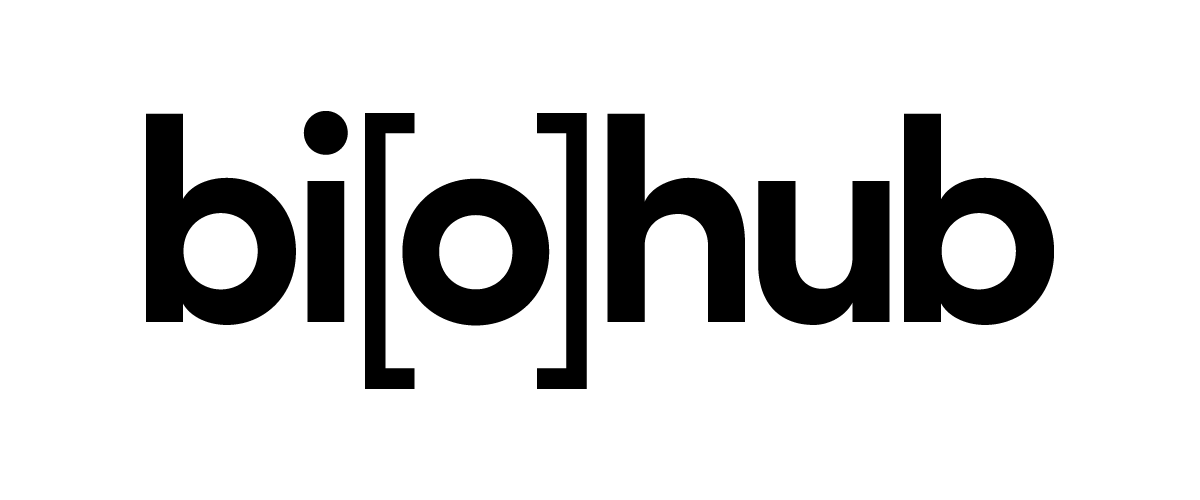Open Science Resources

open science for biomedical research
This project has been retired and will not be updated after February 2026.
View the Project on GitHub chanzuckerberg/open-science
Search this site
Credit for open science
Topics on this page:
While most of the information on this site helps you understand how to practice open science, this topic page identifies ways to ensure researchers, such as yourself, receive credit for their open science work.
Documenting your open science activities
Maintaining your own online academic profile can make it much easier to assess and showcase your open science efforts. While such platforms and communities include social media accounts like Twitter, which can certainly help share information about your research deliverables, the following recommendations specifically support documenting and disseminating products from open science practices.
ORCID, or Open Researcher and Contributor ID, is an organization that can assign you an ORCID iD. This free identifier is unique to you, persistent throughout your career, and can help connect your research activities. You may be required to include an ORCID iD when pursuing research activities, like submitting manuscripts or grant proposals. You can also document your professional history and accomplishments on your ORCID profile. Read more about the benefits of an ORCID iD on the ORCID website.
Google Scholar aggregates information about scholarly communications from across the internet. You can create a Google Scholar profile for free that allows you to view citations for your work, graph citations over time, and calculate citation metrics. Google Scholar is especially useful for tracking citations that may not be discovered by standard databases like Web of Science or Scopus. Learn more about working with citations through Google Scholar here. Google Scholar has an additional Public Access feature that assesses availability of research publications with mandates of the funder supporting the research. This feature tags articles that appear to be associated to mandates, and allows an option to upload the article to comply with the requirement. Learn more about public access through Google Scholar here.
Altmetrics, or alternative metrics, are measures that assess research impact that represent different types of interactions than standard citations. Altmetrics like mentions on Twitter, links in Wikipedia, and exports to citation management systems can complement standard citation metrics to provide a more comprehensive view of the impact of a research product. Altmetric has free tools for researchers that can help you access altmetric data. ImpactStory allows you to create a profile to showcase altmetrics for your own research products.
Listing your ORCID iD and altmetrics on your webpage, CV, and/or other online profiles can help normalize these practices. You can also highlight the benefits (and costs) of open science when communicating your career and scientific achievements.
Supporting other researchers’ open science activities
In addition to sharing information about your own open science activities, you can also support open science activities in which other researchers engage, or specific open science practices you’d like to see used more widely. For example:
- When reviewing others’ work, acknowledge attempts to apply open science methods and provide recommendations to improve these practices.
- When someone else mentions a resource, ask about its access and usage restrictions.
- Publicly acknowledge contributions to open science projects whenever possible.
- Ensure you are citing (and otherwise attributing credit) for others’ open science research products, including data and software citations. Only mentioning the name of a database or software is insufficient for the original researchers to track its usage.
These ideas are partially adapted from Table 1 in “Be the change you seek in science”.